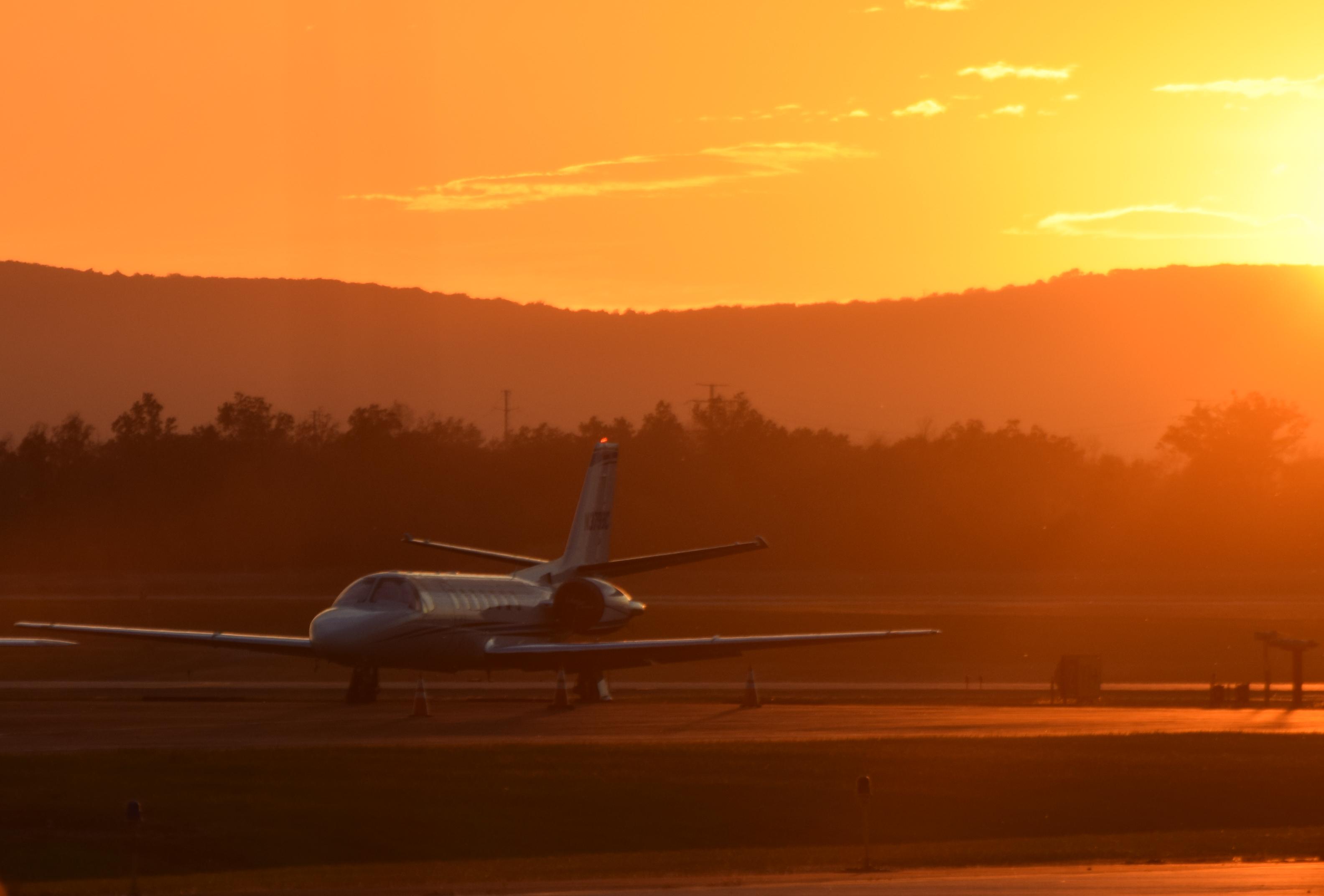
As the business aviation sector works to bounce back when COVID-19 travel restrictions begin to lift, in Britain, the industry has a significant additional hurdle to overcome.
“I think the UK has mastered the art of the politics of envy,” says Marc Bailey, CEO of the British Business and General Aviation Association. “We are global leaders on that front.”
Bailey suggests the reaction to private aviation in the UK runs counter to that typically seen in the U.S. “It’s ‘I envy what you’re doing,’ not ‘I aspire,’ like the Americans do,” he says, which immediately puts the sector on the back foot. The view is certainly borne out by a cursory examination of the business-aviation stories covered recently by the UK’s mainstream media. In the months before the COVID-19 crisis erupted, the sector hit the headlines three times, all for negative reasons.
Flights provided by Elton John for Harry and Meghan, the Duke and Duchess of Sussex, were widely derided as hypocritical given the couple’s well-publicized views on climate change. The March 2019 prosecution of Robert Murgatroyd, who held only a private pilot’s license but charged four passengers £500 each for a birdwatching trip and then crashed the overloaded Piper Cherokee near a motorway, threw the spotlight on illegal charter. The February publication of the Air Accident Investigation Branch’s report into the crash that killed footballer Emilio Sala and pilot David Ibbotson only intensified that focus.
It is a chicken-and-egg situation: the bad publicity the sector attracts makes it more difficult for insiders to persuade satisfied customers to speak up in public.
“A lot of industry leaders—the people who use private aviation for good purposes—are frightened stiff of saying it’s a positive tool,” Bailey says, recalling a session at one of the Association’s conferences some years ago where users agreed to speak only if press were excluded. “You can’t have the champions of No Plane No Gain like they do in the States. We know it’s a different story, but it’s very difficult: every time we surface it, the danger is in giving oxygen to the wrong discussion.” No Plane No Gain is a public outreach campaign by the National Business Aviation Association and General Aviation Manufacturers Association in the U.S.
As if navigating that tightrope wasn’t already tricky enough, the COVID-19 pandemic adds further challenges. The one bizjet story to hit the UK’s mainstream media since the crisis began involved a pleasure flight, from a British airport, to the south of France, where the occupants were refused entry by French authorities as they were in breach of local lockdown restrictions.
Yet the UK’s sector is performing a range of valuable functions during the crisis, and the BBGA believes there is an opportunity to start trying, gently, to turn the prevailing narrative around. The association is working with Emerald Media, a business-aviation specialist public relations firm, to publicize several ongoing initiatives involving businesses across the UK’s private-aviation sector.
A release, published April 22nd, highlights flights operating through London Biggin Hill Airport, bringing much-needed PPE (personal protective equipment) to the capital, and technicians to work on ventilators; a flight that took 25 nurses from Stansted Airport to the British Overseas Territory of Gibraltar; and medical repatriation missions flown between the Channel Islands and Southampton Airport.
Of course, there is a clear danger that the more cynical observer will interpret the campaign as an attempt to use private tragedies to burnish the image of an unpopular industry. And the upside may appear limited, too, in that, as Bailey notes, the present UK government has installed individuals with first-hand knowledge of aviation in key decision-making positions, so understanding of the sector at the highest levels is already good.
As a consequence, the campaign is low-key: the measure of its success will not be the number of column inches it garners in national newspapers, but in whether it succeeds in incrementally challenging negative preconceptions of the sector in the minds of journalists, commentators and the consultants often interviewed for mainstream air-travel stories. But, Bailey argues, the main reason to seek to improve the sector’s public image is to ensure its long-term future.
“There’s a new generation of people we’re going to have to bring into aviation, and we have to get them to be our ambassadors—but they don’t necessarily think that highly of us,” he says. “That means [if they end up working within business aviation] they’ll be slightly embarrassed to say that they’re in our community.”
For example, the sector’s work on sustainable fuels, he argues, is largely unheard-of outside the industry, even among students embarking on training for aerospace sector jobs. Improving the image of private aviation might help lift the veil on some of that work.
“If we can work at getting those young people on our side,” he says, “that’s our best chance.”





